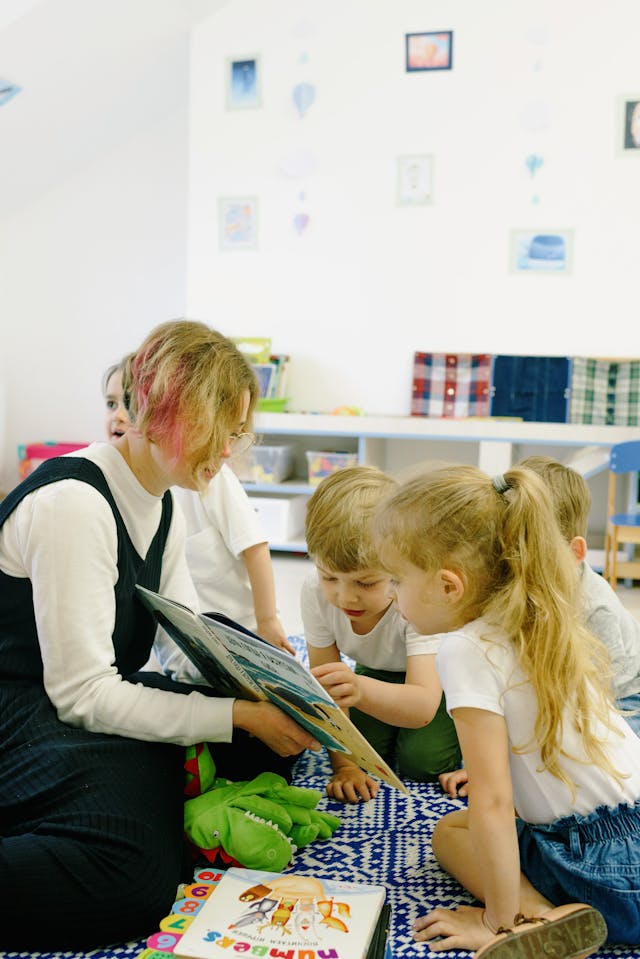The decision to send a child to kindergarten is one that many parents face with a mix of excitement and apprehension. For some, it marks the beginning of their child’s formal education, a significant milestone in their young lives. However, beyond the colourful classrooms and playful activities, kindergarten holds profound importance in shaping a child’s future. It serves as the cornerstone of their educational journey, laying the groundwork for cognitive, social, and emotional development that will influence them for years to come.
altona kindergarten is often a child’s first experience in a structured educational environment, and this initial exposure is critical. It introduces them to the concept of learning in a group setting, where they must interact with peers, follow instructions, and participate in activities that require both cooperation and independence. This environment fosters the development of social skills that are essential throughout life. Children learn to share, take turns, communicate their needs and feelings, and resolve conflictsall vital skills that contribute to their ability to form healthy relationships as they grow older.

Moreover, kindergarten provides a structured yet flexible setting where children begin to understand the routines and expectations of a school day. This early introduction to a daily schedule helps them develop a sense of time management and responsibility. They learn the importance of being punctual, completing tasks, and following rules, which are foundational aspects of self-discipline. These skills, cultivated in the supportive environment of kindergarten, are crucial for success in subsequent educational settings and beyond.
Academically, kindergarten plays a pivotal role in laying the groundwork for future learning. Children are introduced to basic literacy and numeracy skills, which form the basis of more complex concepts they will encounter in later grades. The focus on reading, writing, and counting playfully and engagingly stimulates cognitive development and sparks a love for learning. This early exposure is critical because it sets the stage for their academic trajectory. Studies have shown that children who attend kindergarten are more likely to perform better academically in the later years, as the skills they acquire in these formative years create a strong foundation for future learning.

In addition to academic and social development, kindergarten also supports emotional growth. It is a time when children learn to navigate their emotions in a setting that is both nurturing and challenging. They experience a range of feelings, from the joy of making new friends to the frustration of not always getting their way. These experiences are invaluable in helping them understand and manage their emotions. Kindergarten teachers play a vital role in guiding children through these emotional experiences, offering support and teaching them how to express themselves in healthy ways. This emotional literacy is just as important as academic skills, as it contributes to a child’s overall well-being and ability to cope with challenges in life.
Furthermore, kindergarten is a place where children’s creativity is encouraged and nurtured. Through activities such as drawing, painting, music, and imaginative play, they are given the freedom to express themselves in ways that might not be possible in a more rigid educational setting. This creative expression is not only enjoyable for children but also plays a crucial role in their cognitive development.
















